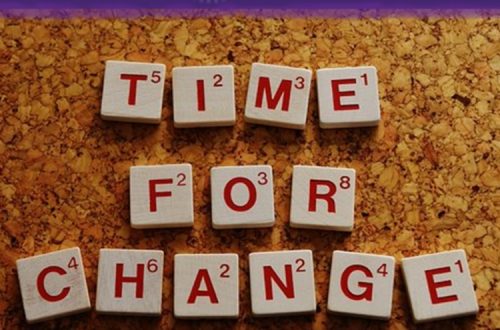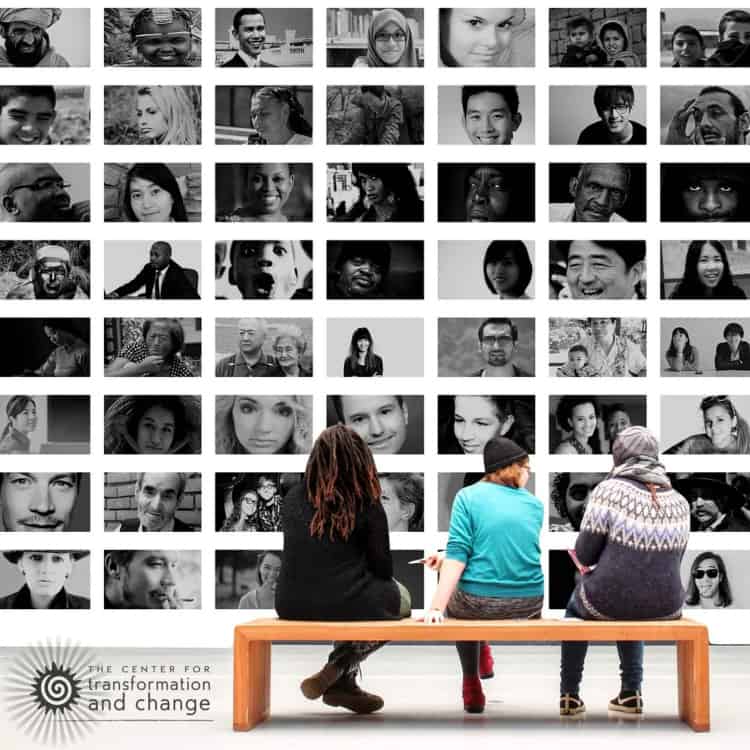SPEAK UP For Inclusion: How To Be An Effective Ally and Change Agent
At times, the ugliness of discrimination can overshadow the rich benefits of inclusion.
Successful growth in any business, organization, and society as a whole rests upon recognizing and including everyone.
“Inclusion is not a matter of political correctness. It is the key to growth.”
-Jesse Jackson
So how can you be a more effective ally for diversity, equity and inclusion in your organization?
Persistence, dedication and awareness can help you achieve your goal. The road to inclusion can feel daunting – but the benefits far surpass the challenges. Research has shown that companies with executive teams at the top 25% of ethnic and racial diversity were 33% more likely to see higher financial gains.
When your road to inclusion faces the inevitable bumps and roadblocks, reminding others of the positive benefits can offer inspiration and motivation!
Awareness, Attention, and Alertness: 3 Keys to Achieving Inclusion
If we are aware of ourselves, we discover that oftentimes we do things without even thinking. Our actions – and reactions – seem to be an inner, automatic response, born from years of repetitive behaviors.
To be an effective ally for inclusion, be aware of behaviors that may negatively impact discussions/meetings in your organization. I call these “Conversation Stoppers”:
- interrupting and speaking over each other
- pushing your point of view and insisting others follow your way
- making inappropriate jokes or stereotypical comments; gossiping
- making assumptions based on social group memberships, including: gender identity and expression, race, ethnicity, religion/spirituality/ways of knowing, age, sexual orientation, nationality, immigration status, educational background, disability status, veteran status, etc.
Sound familiar?
Those Conversation Stoppers are often interspersed with other common dialogue pitfalls, comments and responses such as:
- I don’t see it that way.
- Don’t you think that…
- Yeah, but…
- That happens to me/my group, too…
- That was not my intent! You misunderstood me!
Do you see how quickly defensive behaviors erupt, leading to needless workplace conflict?
An Effective Ally Is Aware of Cumulative Impact
Cumulative impact occurs when a marginalized group member experiences repeated negative oppressive incidents. Their feelings of anger, fear, distrust, and frustration may build up and result in feelings such as:
- It is not safe for them to challenge the people who treated them negatively.
- They are tired of intervening and trying to educate others.
An effective ally understands the cumulative impact of negative microaggressions and oppressive policies and practices, and tries to offer support by:
- Acknowledging the feelings the marginalized group member is experiencing
- Offering to hear stories of how the person has been negatively treated
- Asking how they can be supportive
- Taking action, using their privilege, to partner to create meaningful change
Being an Ally Means We Always Recognize & React Effectively to Hurtful, Microaggressive Behaviors
How many times have we heard the worn-out phrase from a privileged group member: “Oh, why are you so sensitive? Can’t you take a joke? They didn’t mean it like that.”
But the pain of the impact of offensive comments and microaggressions is very real to the marginalized group member. It is no joke.
A good ally acknowledges the impact of hurtful behaviors, apologizes, and asks to hear more about how the marginalized group member has been affected. The ally then commits to changing their behavior in the future and making amends for their negative impact.
It is vital that everyone – both marginalized and privileged group members – work to stop oppression whenever they witness it. A good ally speaks up, knows when to speak up, and takes action.
Good allies take the initiative to attempt to:
- Identify and stop inappropriate behaviors and situations
- Look for ways to educate the person(s) who made the comment and explain why it was harmful
- Support person(s) impacted by the negative treatment when possible
- Raises concerns with leaders to identify necessary changes to policies and practices as well as organizational climate and culture
Until privileged group members show by their actions that they are working earnestly as an ally and change agent to interrupt dynamics of oppression and create inclusive organizations, they will be seen as “just another typical man..white..administrator…”
But when privileged group members speak up and intervene, they DISTINGUISH themselves from the overall privileged group and model effective behaviors for others.
Make it your goal as an effective ally to marginalized groups to be alert, aware and respond effectively each and every day – and you’ll distinguish yourself as a person genuinely working for inclusion and equity.
“Diversity is not about how we differ. Diversity is about embracing one another’s uniqueness.”
-Ola Joseph
My in-depth course, “Design and Facilitate Powerful Workshops on Equity, Inclusion and Social Justice,” will strengthen your capacity to design and facilitate meaningful, productive workshops on equity, inclusion, and social justice. It will show you how to motivate and skill-up ALL employees and leaders to consistently do their part to achieve strategic organizational goals.
This is a lively, virtual course to learn and practice proven approaches that move people from denial and complacency to inspired action. Be a part of creating a more inclusive, equitable and socially just organization – and motivate others to do the same!




